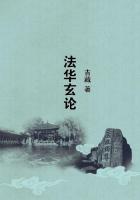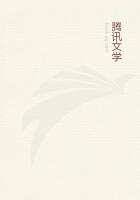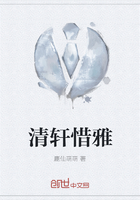Manufactures flourished. Banks were established. The operations of the commercial machine were facilitated by many useful and beautiful inventions.
We doubt whether any country of Europe, our own excepted, has at the present time reached so high a point of wealth and civilization as some parts of Italy had attained 400 years ago. Historians rarely descend to those details from which alone the real estate of a community can be collected. Hence posterity is too often deceived by the vague hyperboles of poets and rhetoricians, who mistake the splendor of a court for the happiness of a people. Fortunately, John Villani has given us an example and precise account of the state of Florence in the early part of the fourteenth century.
The revenue of the republic amounted to 300,000 florins, a sum which, allowing for the depreciation of the precious metals, was at least equivalent to pounds 600,000 sterling - a larger sum than England and Ireland, two centuries ago, yielded annually to Elizabeth. The manufacture of wool alone employed 200 factories and 30,000 workmen. The cloth annually produced sold, at an average, for 1,200,000 florins - a sum fully equal, in exchangeable value, to pounds 2,500,000 of our money. Four hundred thousand florins were annually coined. Eighty banks conducted the commercial operations, not of Florence only, but of all Europe. The transactions of these establishments were sometimes of a magnitude which may surprise even the contemporaries of the Barings and the Rothschilds. Two houses advanced to Edward III of England upwards of 300,000 marks, at a time when the mark contained more silver than fifty shillings of the present day, and when the value of silver was more than quadruple of what it now is. The city, and its environs contained 170,000 inhabitants. In the various schools about 10,000 children were taught to read, 1,200 studied arithmetic, 600 received a learned education.
The progress of elegant literature and of the fine arts was proportioned to that of the public prosperity. Under the despotic successors of Augustus all the fields of the intellect had been turned into arid wastes, still marked out by formal boundaries, still retaining the traces of old cultivation, but yielding neither flowers nor fruit. The deluge of barbarism came. It swept away all the landmarks. It obliterated all the signs of former tillage. But, it fertilized while it devastated. When it receded, the wilderness was as the garden of God, rejoicing on every side, laughing, clapping its hands, pouring forth, in spontaneous abundance, everything brilliant or fragrant or nourishing.
A new language, characterized by ****** sweetness and ****** energy, had attained perfection. No tongue ever furnished more gorgeous and vivid tints to poetry; nor was it long before a poet appeared who knew how to employ them.
Early in the fourteenth century came forth "The Divine Comedy," beyond comparison the greatest work of imagination which had appeared since the poems of Homer. The following generation produced indeed no second Dante, but it was eminently distinguished by general intellectual activity.
The study of the Latin writers had never been wholly neglected in Italy.
But Petrarch introduced a more profound, liberal, and elegant scholarship, had communicated to his countrymen that enthusiasm for the literature, the history, and the antiquities of Rome, which divided his own heart with a frigid mistress and a more frigid muse. Boccaccio turned their attention to the more sublime and graceful models of Greece.















